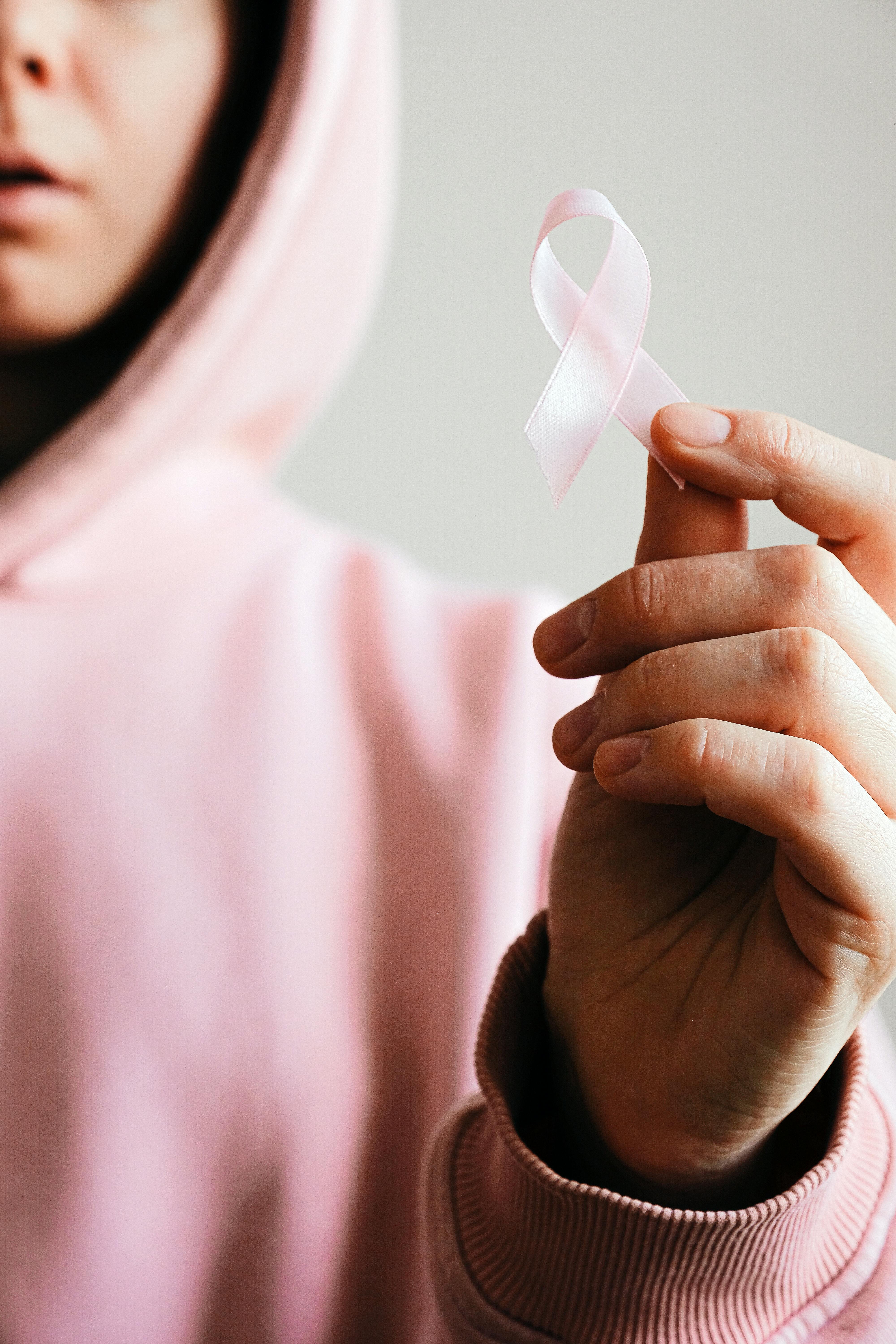
• Myth: Finding a lump in your breast means you have breast cancer.
Only a small percentage of breast lumps turn out to be cancer, but you should never ignore a new, persistent lump in your breast or any changes in breast tissue. See a physician for a clinical breast examination.
• Myth: Men do not get breast cancer; it affects women only.
Men do get breast cancer and the mortality is even higher than in women because awareness among men is less. While the percentage is small, men should also undergo a breast self-examination.
• Myth: A mammogram can cause breast cancer to spread.
Breast compression during mammography cannot cause cancer to spread. Mammography still remains the gold standard for early detection of breast cancer and it also presents an extremely low risk of harm from radiation exposure.
• Myth: If you have a family history of breast cancer, you are likely to develop it too.
Although women with a family history of breast cancer have a higher risk, only 10% of people diagnosed with breast cancer have a family history. Most women who have breast cancer have no family history of it.
• Myth: Breast cancer is contagious.
Breast cancer is not contagious. It is the result of uncontrolled cell growth of mutated cells that spread into other tissues within the breast.
• Myth: Antiperspirants and deodorants cause breast cancer.
Studies are ongoing about this, but there is no conclusive evidence linking the use of underarm antiperspirants or deodorants to the development of breast cancer.